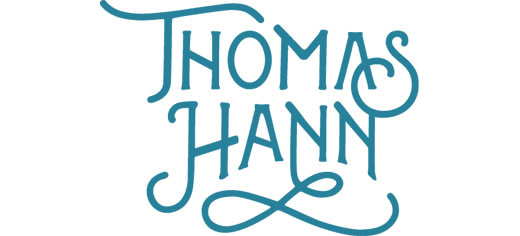The world is a village and I am a villager.
I love working with people and see myself as an encourager who breaks up existing thought patterns with his visions in order to point out a future that creates a pull. I have felt the attraction of an eco-social future in which solidarity between people has returned for a long time, but I had to take many detours to learn how I can contribute to such a future.
People are happy when they feel connected and can give themselves completely to a community in trust. Solidarity unfolds in communities that have understood that it is of use to everyone to support one another. This requires triggers, procedures and, of course, dedication. Interestingly enough, many people rush into tasks and often lose themselves in the process, while surrender would mean surrendering exactly as you are and receiving positive feedback in return.
As an identity advisor, I tried to support people and especially organizations in their development for a long time. That was often difficult when structures and the reliability of previous processes pulled people back into old behavior patterns again and again. As a consultant, I also tried to help various companies on their way to authentic communication and clear vision and had to admit to myself that it was very difficult to overcome these routines. At the same time, I founded companies and tried out a wide variety of business models, processes and tools from the digital new world with its management principles that sounded important.
What remains after all these years is the conviction that a human and natural economy will only emerge with a society that demands it. The problem is not capitalism, but its handling and the frictional losses of a global economy in which there is no incentive to serve life. In the chaos of complexity and escalation effects, an old management principle hardly applies any more and the capital markets seem to have been freed from any reason and are constantly pouring new fuel into the fire.
What leeway does a society have “after” industrialization when many decisions to which it is subject have something to do with financial motivations? It can formulate its new orientation in such a way that the interests of major international corporations are undermined and take care of their own needs. She can dedicate her savings and participation to new goals and actively work to create an independent future. I develop the instruments for this and new key figures for an update of capitalist myopia and try them out in practice.

